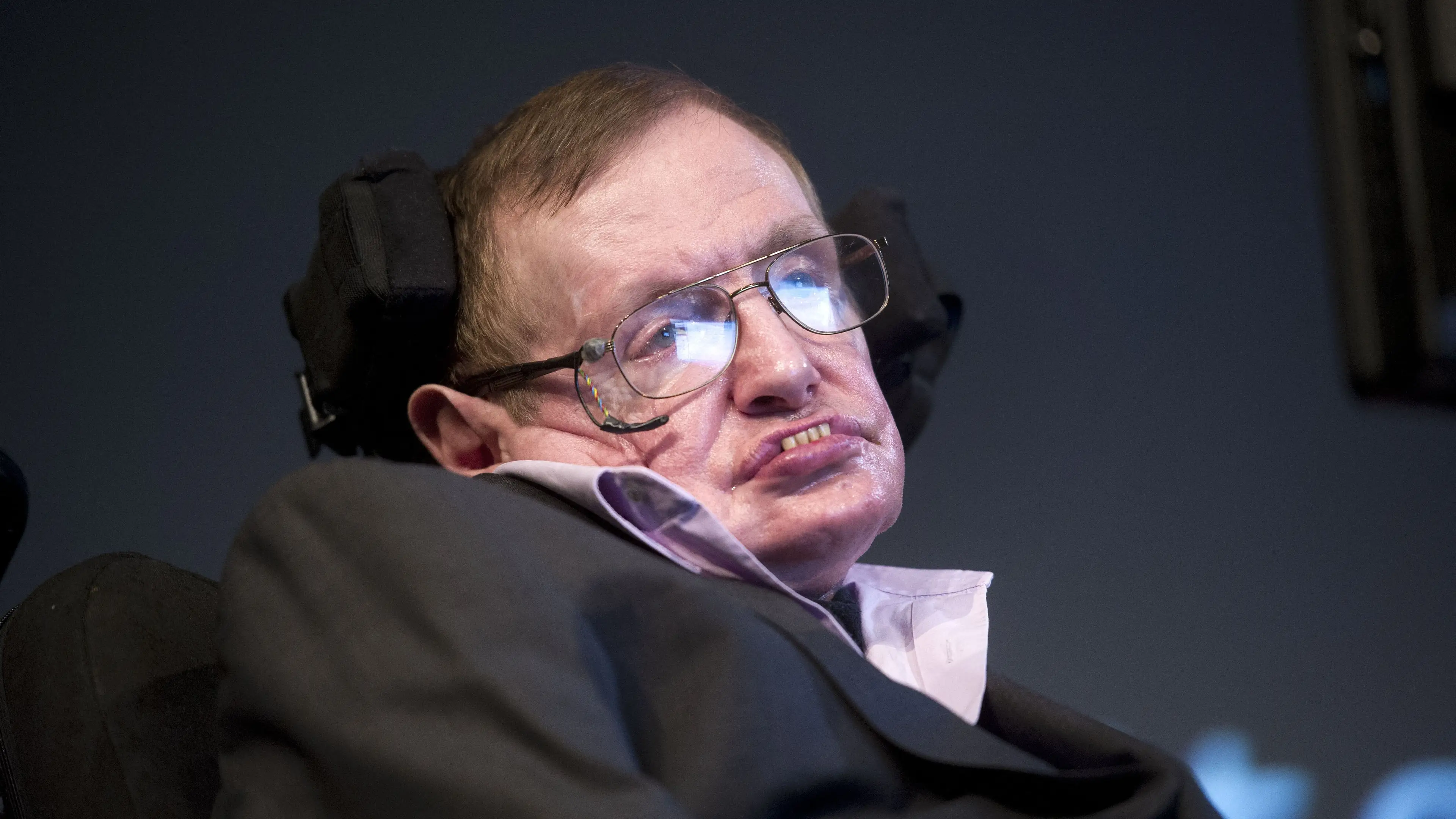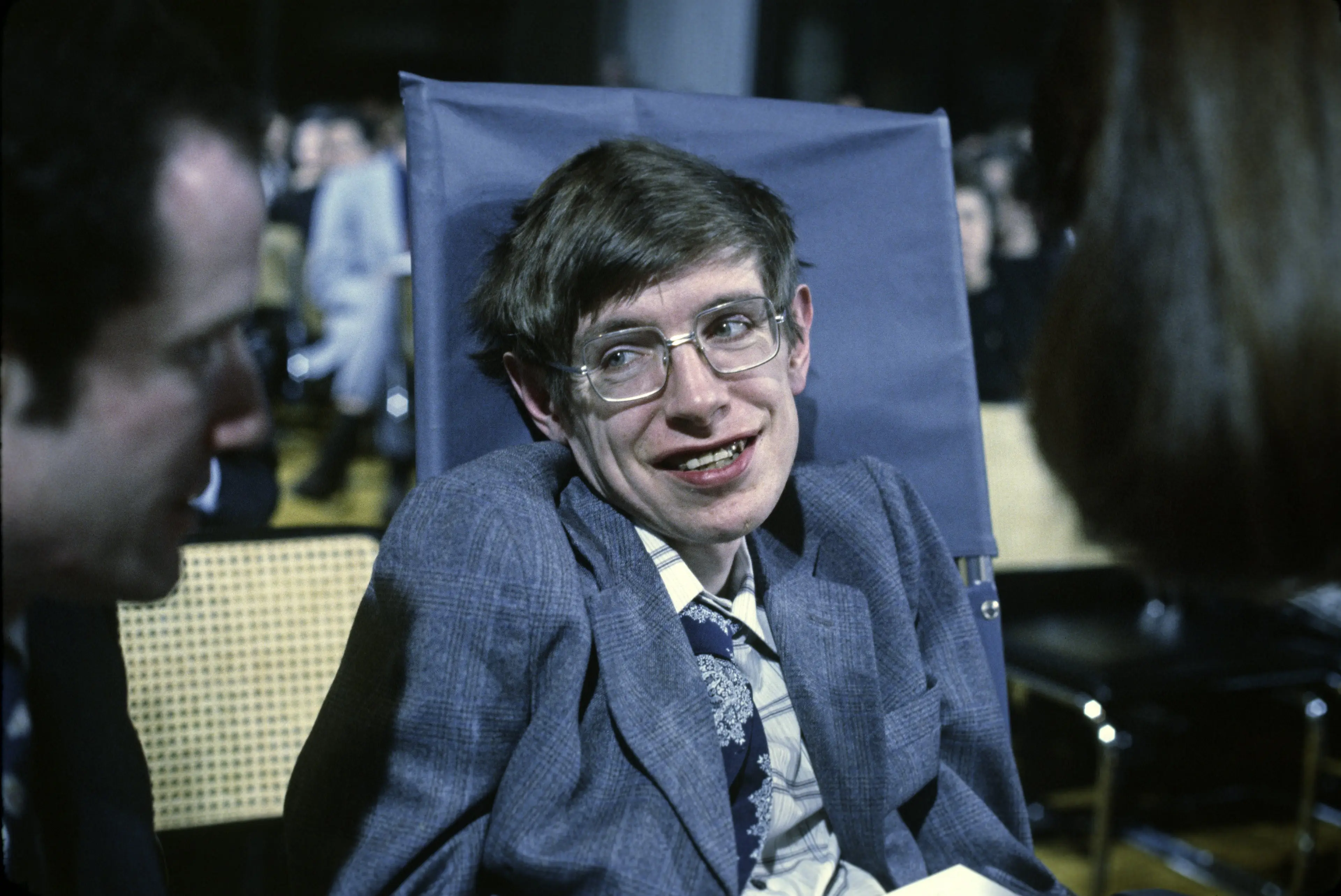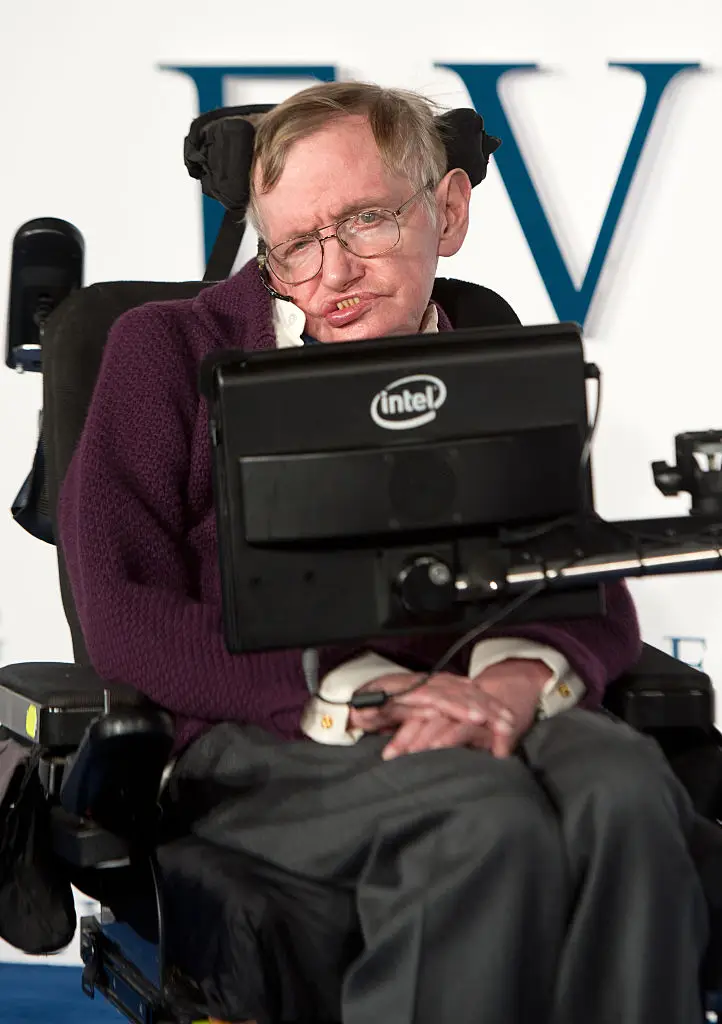
Stephen Hawking had a frightening response when asked about his thoughts on the future of artificial intelligence in 2014.
The world-renowned theoretical physicist, cosmologist, and author, who passed away in March 2018 at the age of 76, was best known for his work in the fields of general relativity and quantum gravity.
He went on to pen the 2002 book The Theory of Everything: The Origin and Fate of the Universe, which has sold more than 25 million copies across 40 different languages.
However, it was in his final book, published seven months after his death, titled Brief Answers to the Big Questions, where he shared his definitive answer on a polarising subject: whether God exists.
Advert
However, four years prior, he was asked in an interview with the BBC about a possible upgrade to the technology he used to talk, which included some early forms of AI.

The scientist, who had Lou Gehrig's disease (ALS) - a form of Motor Neurone Disease that affects the nerves and muscles - used a new-at-the-time system made by Intel and a British company called SwiftKey.
It worked by learning how Hawking thought and helped suggest his next words, allowing him to 'type' faster.
But Hawking instead issued a stark warning, saying: "The development of full artificial intelligence could spell the end of the human race."
While he said that even the basic AI back in 2014 had been 'really helpful,' Hawking was also concerned about what could happen if we create AI that becomes as smart as, or even smarter than, us mere humans.

"It would take off on its own, and re-design itself at an ever increasing rate," he said. "Humans, who are limited by slow biological evolution, couldn't compete, and would be superseded."
Hawking isn't the only one who has previously expressed concern about AI; Bill Gates believes that only three jobs would survive an AI takeover, while Elon Musk has a terrifying prediction for what could happen if AI becomes smarter than all humans combined.
We've witnessed a surge in interest in AI over the past year alone; it would be fascinating to know what Hawking would make of it all today.
From everyone and their mom jumping on ChatGPT to Donald Trump's ambitious $500 billion AI development plan involving major players like OpenAI and Oracle and the rollout of AI assistants directly into our smartphones, things are moving fast.
And given that it's becoming increasingly difficult to distinguish real videos from AI-generated ones, perhaps the end is really nigh.
Topics: Artificial Intelligence, Technology, Science